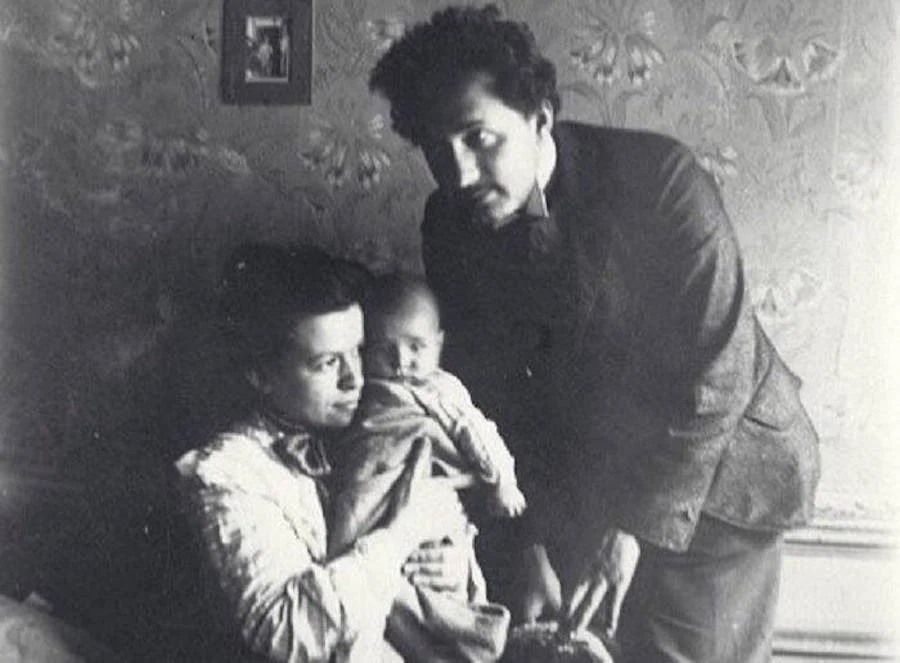8 things you don’t have to apologize for, even if you’re a polite person:
- Saying “no”: You have the right to say no to almost any request, offer, or demand. If a task is not part of your responsibilities or you haven’t made any promises beforehand, you don’t need to apologize for your “no” and feel guilty about it.
Someone asks you to stay late at work, but you’re tired and want to go home as soon as possible? “No, I can’t, I have other plans.” Someone is trying to get to know you, but you’re not interested in a relationship or you don’t like the person? “No, I’m not interested, all the best.” An acquaintance wants you to help them move, but you had plans to go somewhere and relax that day? “It won’t work, but here’s the number of a great mover.” Your partner wants sex, but you’re not in the mood? “Let’s not do it today, I really need some sleep.”
Many people are taught from childhood to be exemplary boys and girls who are terrified of disappointing others and would rather sacrifice their time and comfort than say no. That’s why we try to soften a negative answer with apologies and justifications. But it’s not necessary, and sometimes it can even be harmful. If your conversation partner is a manipulator, they will try to exploit your weakness to still get what they want.
Of course, it’s important to remember that this rule works both ways. Other people also have the right to say no to you, and you should accept their “no” calmly.
- Not meeting someone’s expectations: This point is similar to the first one: if you haven’t made any promises to people, you don’t need to apologize for shattering their illusions. Whether it’s parents who believe you should live according to their plan, a partner who wants to fit you into the mold of an ideal wife or husband, or a friend who assumes you will always share their interests and views.
The image that a person creates in their mind and their expectations are not your responsibility (unless you deliberately misled them). You’re not obligated to serve others’ interests and adjust to their desires, even if they get upset, pressure you, or try to make you feel guilty.
- Spending money on yourself: Some people feel selfish when they buy something for their own needs, even if it’s something essential. They believe that all money should be invested in the family: in children’s education, mortgage payments, or joint vacations.
But it’s perfectly normal to treat yourself and buy basic things like clothes, shoes, or medicine. Yes, there are situations where a family faces serious financial difficulties, and if you buy a pastry and a cup of tea at a cafe, it means leaving your loved ones without dinner. However, if nobody is going hungry or accumulating debt, there’s no need to apologize for spending money on yourself.
- Having different opinions: Your outlook on life may not align with the perspectives of your colleagues, friends, and loved ones. For example, you may not enjoy attending corporate events, you may not celebrate traditional holidays, or you may have different views on political events compared to those around you. In some situations, it’s fine to remain silent, but sometimes you have to state your position and stand up for it.
As long as you behave politely, avoid being rude, and don’t impose your views on others, you have nothing to apologize for. You’re simply expressing your opinion and should not feel awkward about it.
- People doing their job: Once, in a nail salon, I overheard a client apologizing to the manicurist who was removing her gel polish. She said, “Sorry, it’s so hard to take it off.” As if it was her fault that the polish wasn’t coming off easily.
It’s strange that we sometimes apologize for other people doing their jobs. If someone provides you with a paid service, you don’t need to apologize to them for their work. It’s as if you apologized to a surgeon for having an inflamed appendix or to a tutor for not knowing their subject.
You can express gratitude or appreciation, but there’s no need to say sorry.
- Ending toxic relationships: This is an important point. If you’re in a relationship with a tyrant, manipulator, abuser, or just an unpleasant person, it’s not your fault. It doesn’t mean you’re a bad person, incompetent, or unlovable. Sometimes we become victims of circumstances, but what’s important is how we respond.
If you decide to end a toxic relationship, it’s the right decision, and you don’t need to apologize for no longer tolerating mistreatment. Even if others try to make you feel guilty or claim that “family is forever” or “true friends never leave,” remember that you have the right to live a life that brings you joy and peace.
- Wanting to be alone: Being alone is not the same as being lonely. Solitude is an opportunity to sort out your thoughts and emotions, rest, and do things you enjoy without distractions. It’s necessary for maintaining mental and emotional balance.
Therefore, there’s no need to feel guilty or apologize to friends or relatives for wanting to be alone. Whether you decline an invitation to a noisy party or prefer to spend time alone in nature, you have the right to prioritize your well-being.
- Other people’s behavior: Sometimes we feel a responsibility for other competent adults, as if it’s our job to guide them and correct their mistakes. But it’s important to remember that each person is responsible for their own actions and behavior.
If a friend, relative, or even an adult child does something wrong, hurts someone, deceives, offends, or behaves rudely, it’s not your fault. You can offer support or advice, but it’s not your duty to apologize for someone else’s actions.
Of course, there are situations where apologies are appropriate and necessary. Apologies help maintain healthy relationships and show respect for others. But it’s also important to recognize when apologies are unnecessary or even harmful. By understanding and embracing these situations, you can cultivate healthy boundaries and live a more authentic life.
Remember, it’s okay to prioritize your own well-being and happiness without constantly seeking approval or apologizing for being true to yourself.






